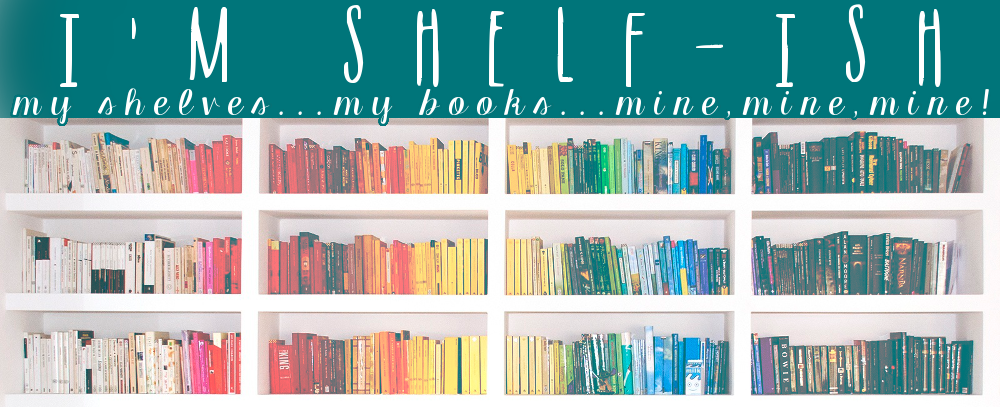Author: Michael Alvear
Release Date: August 4, 2015
Publisher: Woodpecker Media
Genre: Diet/Wellness
Format: Ebook/Paperback
“A wellness strategy that changes the way you think about food. Alvear’s writing style and the structure of his book make for an easy read and, more importantly, easy use in daily life.” -- Kirkus Reviews
You Don’t Need A Diet. You Need An Eating Strategy. Use these proven psychological methods to reduce cravings, eliminate overeating, “shrink” your stomach and help you eat in moderation--without feeling deprived.
• Cut Up To 90% Of Your Snacking Without Feeling Cheated. Use Habituation and Systematic Desensitization to dramatically cut how much you eat without feeling deprived. Psychologists use these treatments to get people off Vicodin and Xanax. Imagine how well they work on chips and cookies.
• Control Your Cravings With Delayed Gratification Techniques That Teach Discipline Without Suffering. Based on famed psychologist Walter Mischel’s “Marshmallow” experiments, they will painlessly help you master self-control.
• Eat Healthier Without Forcing Yourself To Eat What You Don’t Like. Use the “Nutrilicious” concept to make healthier choices without sacrificing taste or preferences. This book is about how I lost 14 pounds and 2 waist sizes and kept it off for 25 years without ever going on a diet. Inspired by Walter Mischel’s iconic The Marshmallow Test, Eat It Later is a science-based, psychological approach to developing weight-reducing eating habits. It chronicles how I did it and lays out a plan for how you can too.
Learn Techniques For Eating Less Without Feeling Deprived. Today, I don't eat three Oreos at a sitting and force myself from the table, biting my fist and longing for the 16 I used to eat. I am as satisfied with three as I used to be with 16. Habituation, desensitization and delayed gratification techniques stopped my mindless eating and painlessly “shrank” my stomach so that I could eat much smaller portions without feeling cheated or deprived. Like most people, I thought, “eating in moderation” was code for “you’ll never feel full again.” I thought portion control meant pain management. I thought volume reduction meant perpetual dissatisfaction. I was wrong. If you make the kind of tiny, systematic reductions I show you in this book, your body will adapt to the new normal without any pain or suffering.
Learn The Keys To Self-Control. You are not going to get a list of foods to eat or avoid. Or recipes or meal suggestions. I am not going to ask you to count calories, fat, carbs or sugar. I am simply going to show you how to permanently change the amount of food you eat. And to do it with strategies identified by researchers and psychologists as the keys to self-control—habituation, systematic desensitization and delayed gratification techniques.
Ever Finish A Bagel And Say, “Why Did I Eat It–I Wasn’t That Hungry?” You do that because you don’t have an intuitive eating system that separates no/low cravings from high cravings. Eat It Later shows you mindful eating techniques that take about 3 seconds to separate low from medium and high cravings.
Say Goodbye To Will Power Fatigue. Diets force you to white-knuckle your way through 5-alarm cravingsand leave the table feeling hungry and deprived. But with habituation, desensitization and delayed gratification techniques you will never experience will power fatigue because there is nothing to be fatigued about—you will have what you like but through an intuitive eating mindset.
ORDER INFORMATION
Eat It Later is available for order at
When and why did you begin writing?
I started writing marketing strategy columns for Adweek, Mediaweek and other advertising/marketing publications.
Do you recall how your interest in writing originated?
In college. My English professor said she never gives A’s so I took that as a challenge. I did manage to get 1 A out of her. One of my proudest moments in school. Well, that and my ability to drink copious vodka without throwing up.
When did you first know you could be a writer?
When Adweek ran a cover story of mine
What inspires you to write and why?
I like being helpful AND controversial. It’s a unique blend where I help people WHILE pissing them off.
What genre are you most comfortable writing?
Nonfiction How to
What inspired you to write your first book?
My first REAL book as opposed to collections of my advice columns, was Not Tonight Dear, I Feel FatHow To Stop Worrying About Your Body & Have Great Sex . I wrote it out of outrage for what women in America go through in terms of how society perceives their worth and how that translates into sexual dysfunction.
Who or what influenced your writing once you began?
My sister, the novelist Vicky Alvear Shecter
What do you consider the most challenging about writing a novel, or about writing in general?
Using my fingers on the keyboard instead of my forehead (i.e. the impossibility of getting started)
Did writing this book teach you anything and what was it?
That you can make a good point without embellishing the details.
Do you intend to make writing a career?
Is IS my career.
Find out more here




No comments:
Post a Comment